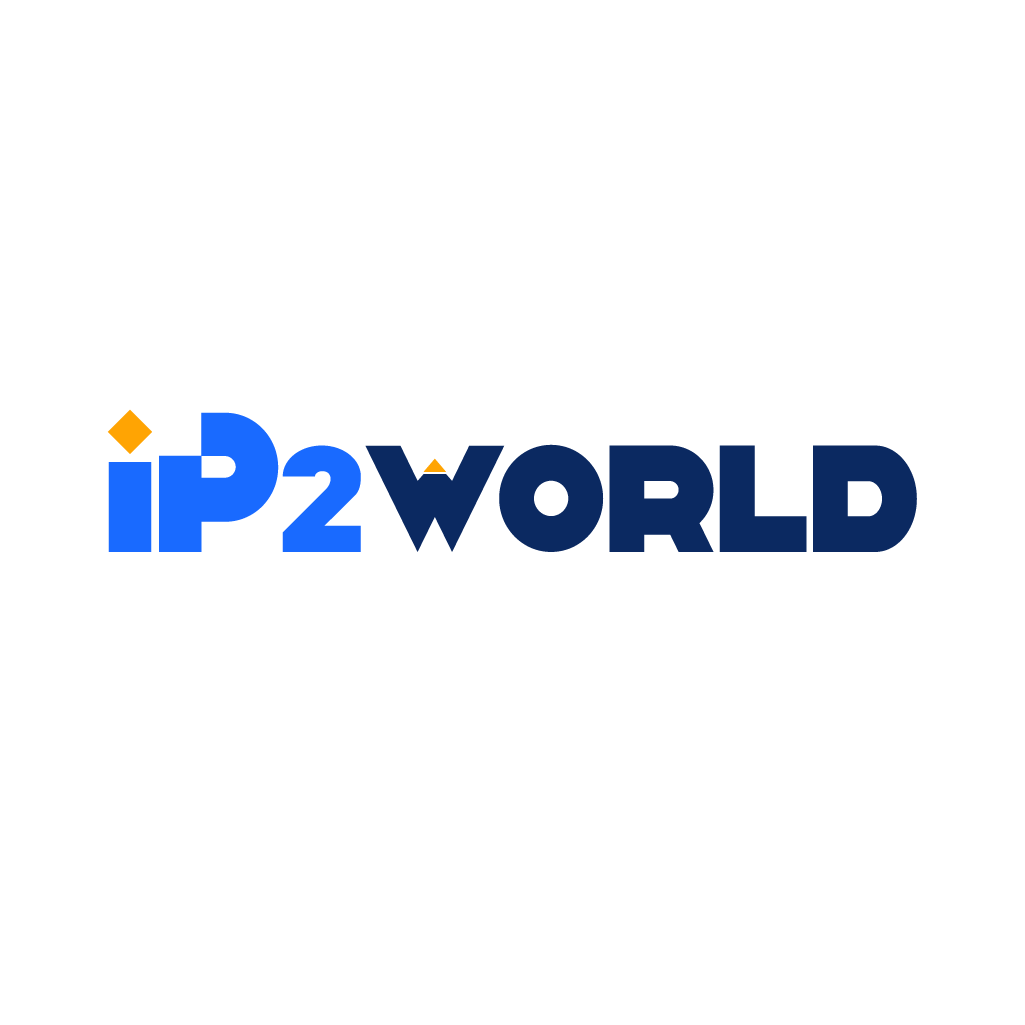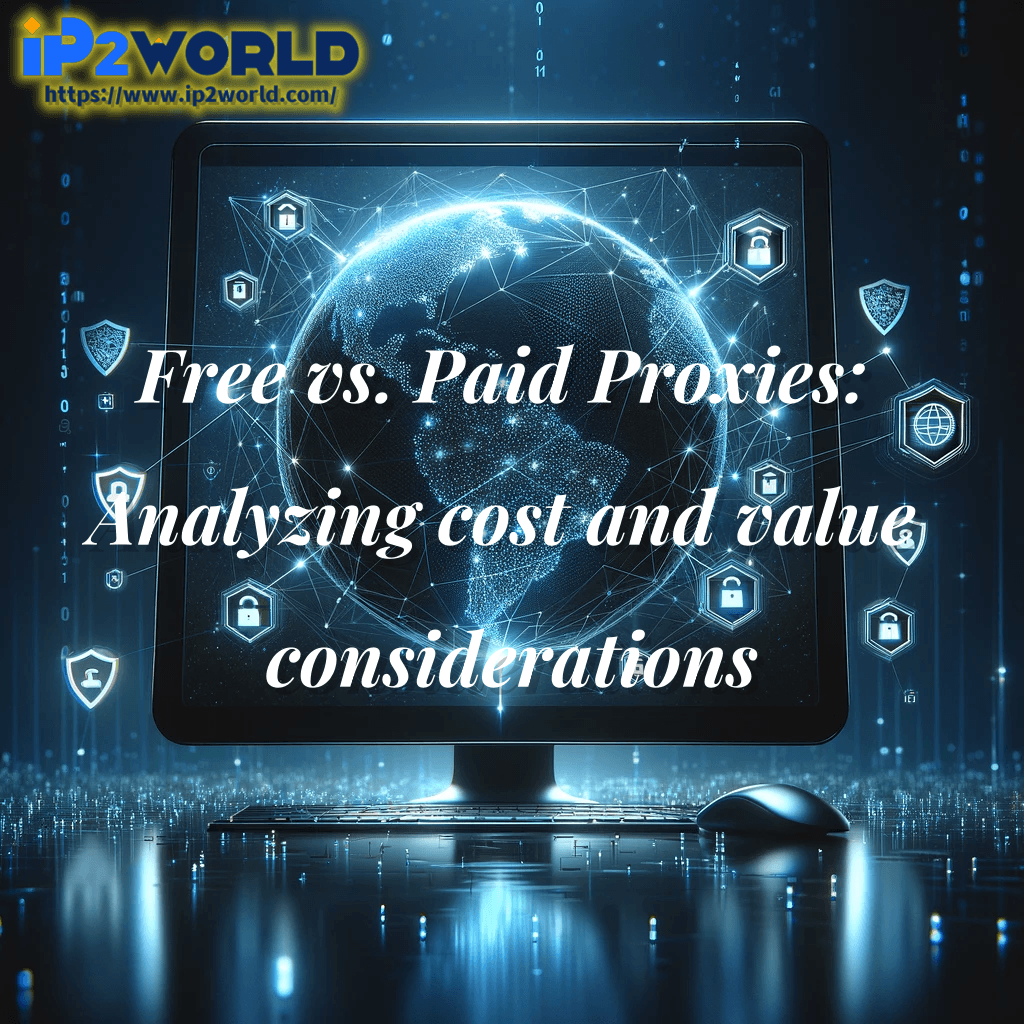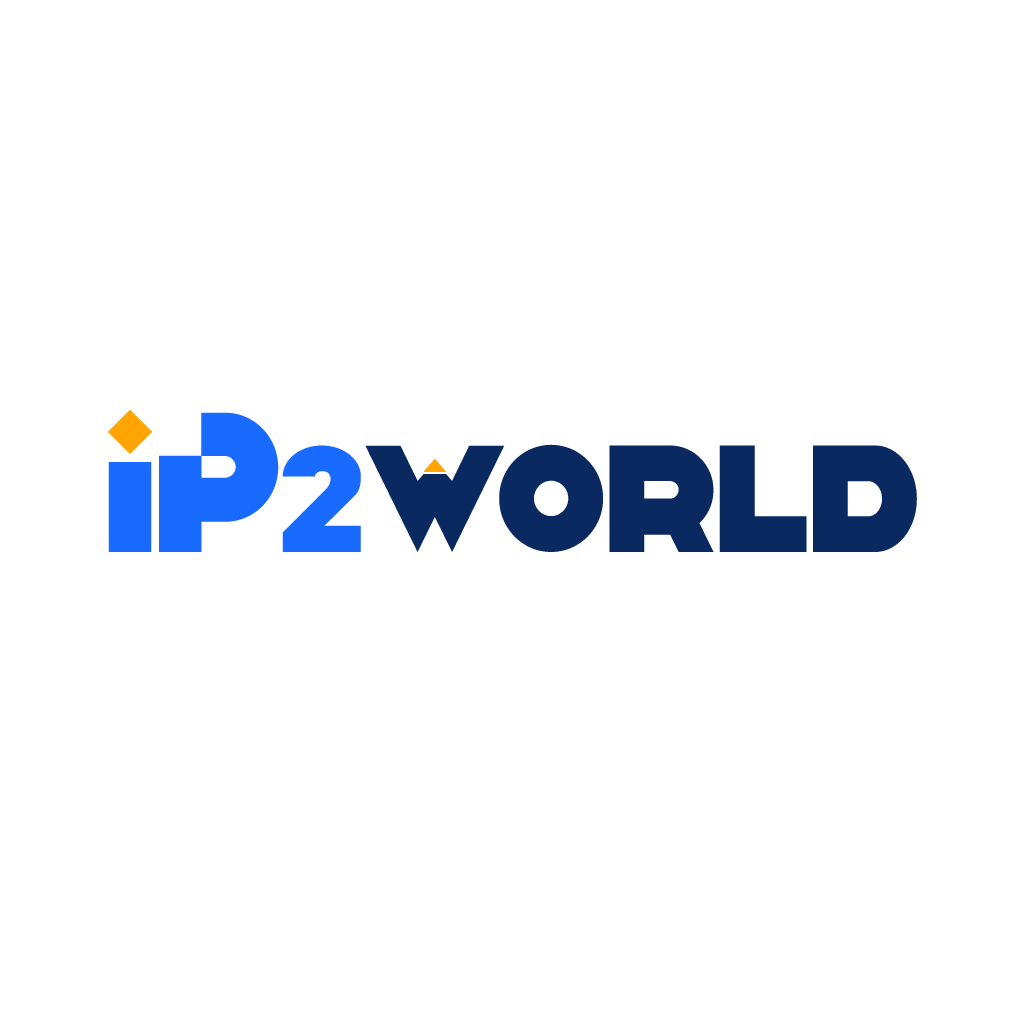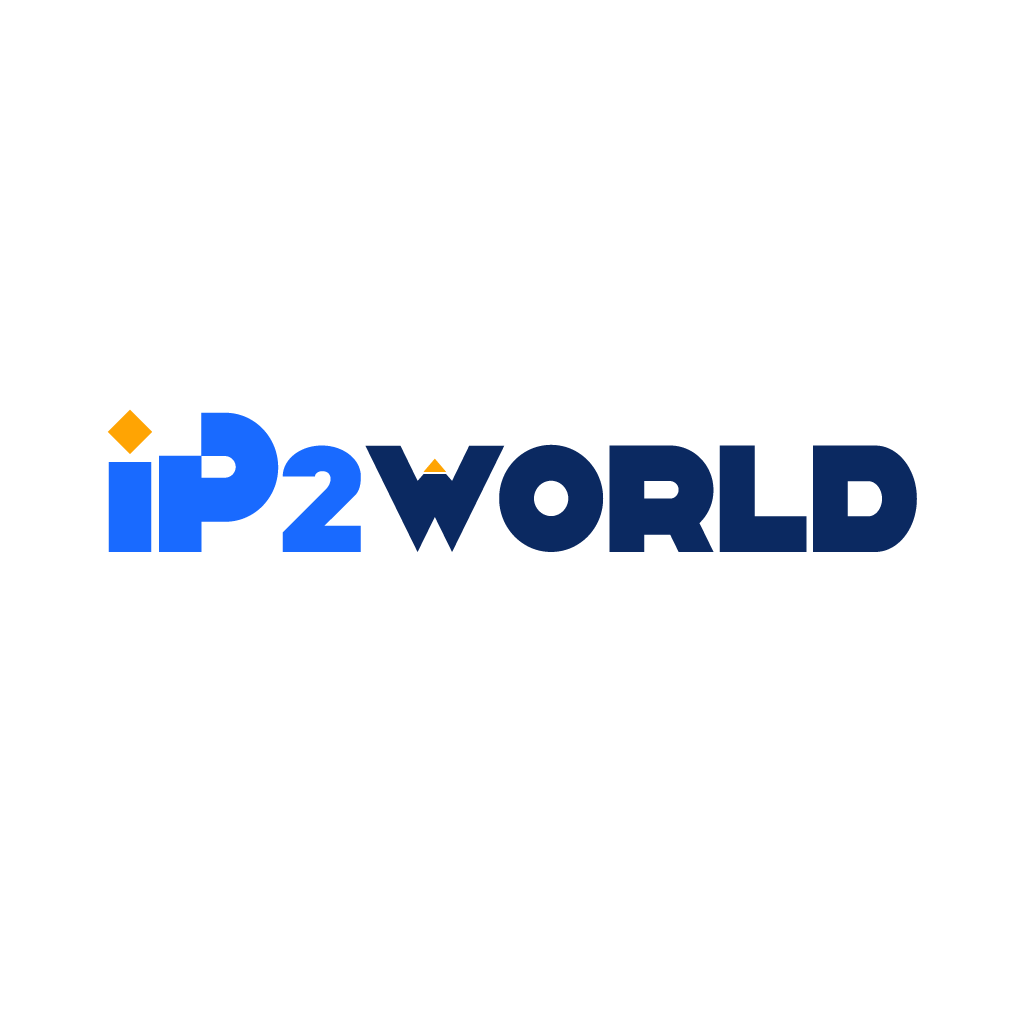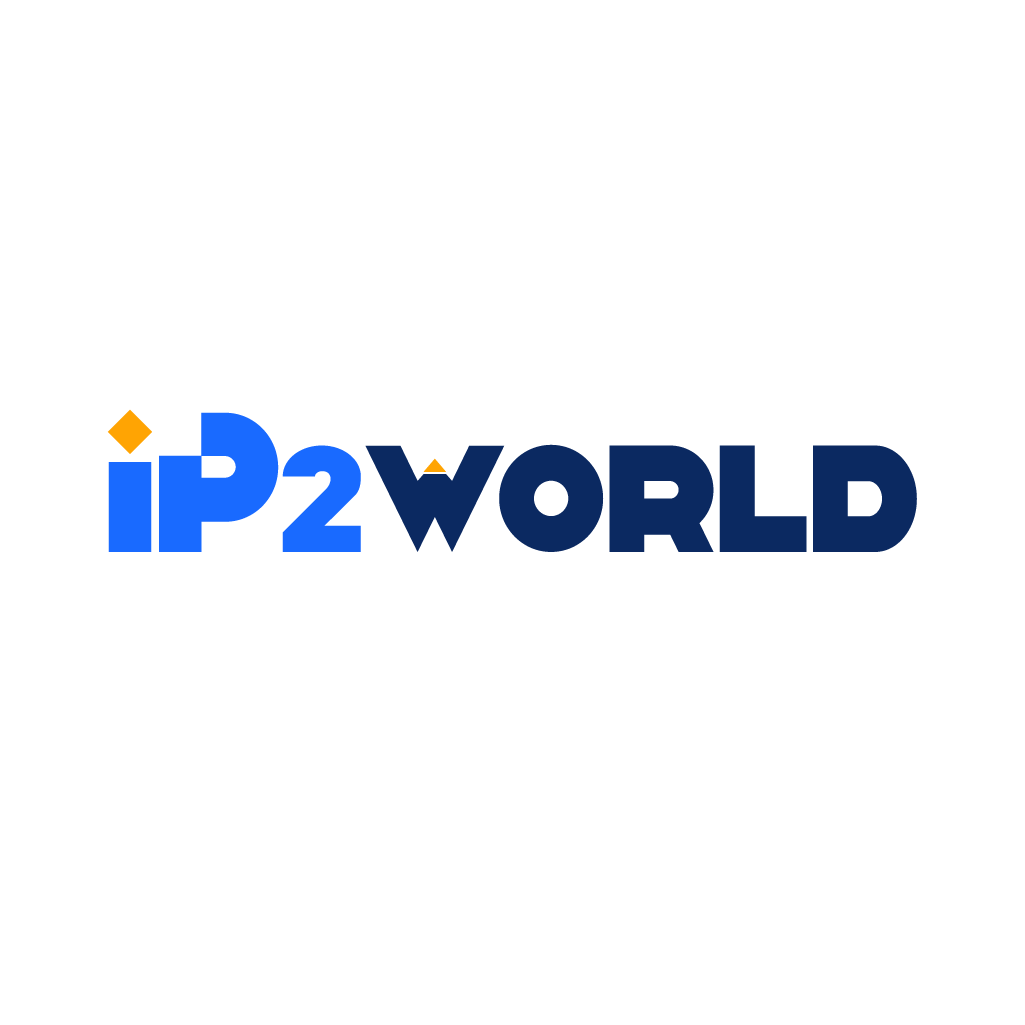In today's rapidly evolving digital era, where our dependence on the internet spans across various aspects of life, the importance of online privacy and security can't be overstated. Among the numerous tools employed to bolster these aspects, proxy servers play a crucial role. However, are proxies infallible in their function, or do they come with their own share of risks? This article aims to demystify the complex world of proxies, their benefits, potential risks, and safety measures. The Proxy Shield: How Secure Is It? Proxies, often referred to as the 'middle-men' of the internet, provide a secure gateway between your computer and the website you are accessing. They do this by masking your original IP address, making your online actions harder to track. However, not all proxies are created equal, and their level of security can vary significantly. Primarily, the safety of proxies depends on two things: the type of proxy used and the reputation of the provider. Proxies from trusted providers, usually paid ones, are frequently updated and configured to prevent common security issues, making them generally safer. Their servers are secured with up-to-date technology, firewalls, and encryption methods. Moreover, they also offer customer support that can promptly address any security concerns or breaches. Types of Proxies: Depending on the provider and purpose, there are different types of proxies such as HTTP, HTTPS, SOCKS, and residential proxies. Each comes with varying levels of security. HTTPS proxies, for example, encrypt data during transmission, enhancing security.Trustworthy Providers: Around 66% of active proxies are marked as trustworthy. Going with a reputable provider ensures secure servers and robust encryption technologies, lowering the inherent risks.Potential Vulnerabilities: Like any other technological system, proxies can be exploited if not configured or managed properly. Regular updates and proper configuration are vital to minimize the risks.On the other hand, free or public proxies, while not inherently unsafe, often do not come with the same level of security measures, making them more susceptible to breaches. An essential point to note is that when using a proxy, you are essentially passing your data through a third-party server. If the proxy server isn't secure, your data can be intercepted, manipulated, or even stolen. Free Proxies: A Double-Edged Sword While the allure of free proxies is understandable due to their easy availability and cost-effectiveness, they are not without substantial risks. These proxies are often plagued with security issues, making them potential grounds for data breaches and malware attacks. Furthermore, since they are not directly regulated or controlled, they often lack necessary security features and encryption protocols, leaving your data vulnerable. Some unethical proxy providers can even use these platforms to collect sensitive data and exploit them for personal gain. This can range from selling your information to third parties, using your IP address for illegal activities, or even infecting your device with malware. Safeguarding Your Privacy with Reliable Proxies Private proxies, in contrast, provide an exclusive connection, which significantly reduces the risk of a security breach. They provide a dedicated IP that is not shared with anyone else, making them harder to detect and less likely to be blocked. When choosing a proxy server, especially for sensitive tasks such as web scraping, it is crucial to consider: 1. Reputation: Check online reviews and forums for feedback on the provider. A provider with a long-standing positive reputation is more likely to be reliable.2. Encryption Protocols: Look for providers that use HTTPS over HTTP. HTTPS is a secure protocol that encrypts the data between your browser and the website you're visiting.3. Privacy Policy: Review their data handling and storage policies. A transparent provider should clearly state that they do not store or sell your data.4. Security Measures: The provider should have measures in place to protect against common security threats. This could include firewalls, intrusion detection systems, and regular software updates.5. Customer Support: Reliable providers offer robust customer support that can promptly address any issues that arise. Unethically Sourced Proxies: Risks and Mitigation Proxies that are unethically sourced can pose severe risks. These can range from software threats such as malware, to reputational damage, especially for businesses that heavily rely on proxies for their operations. Unethical proxies can also lead to legal consequences if they are used for illegal activities, intentionally or unintentionally. There can also be substantial financial impacts, such as fines or loss of business, if a company is found liable for using such proxies. To mitigate these risks, it is crucial to source proxies from reputable and reliable providers World-Class Residential IP Proxy Service Provider | IP2World. Take the time to verify the source of the proxies, check their reputation, and review their policies. Employ strong security measures such as using reliable antivirus software, implementing strong password policies, and utilizing two-factor authentication. Concluding Thoughts To sum up, proxies can be a boon or bane, contingent on their source and usage. Used correctly, they can considerably boost your browsing privacy and security. However, if sourced unethically or used without adequate precautions, they can jeopardize your privacy and security. To ensure maximum data protection, choose a reputable proxy provider and adhere to safe internet practices. Remember, investing in reliable proxy services is a forward step in securing your data and ensuring a safe browsing experience. In this vast digital universe, the key to maintaining your safety and privacy lies in vigilant navigation. Embrace the power of proxies, but do so with an informed mind and cautious hand.
2023-08-01
